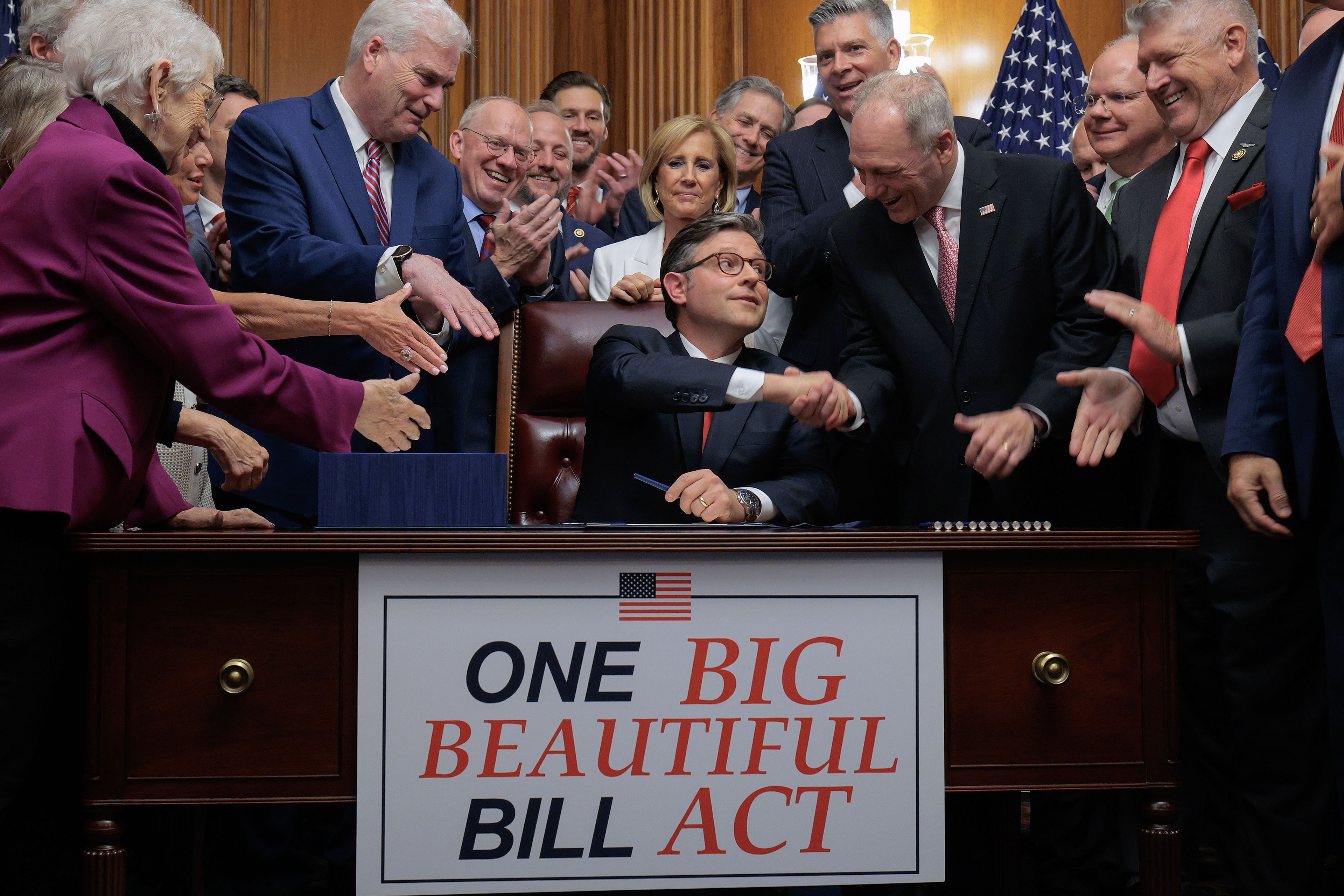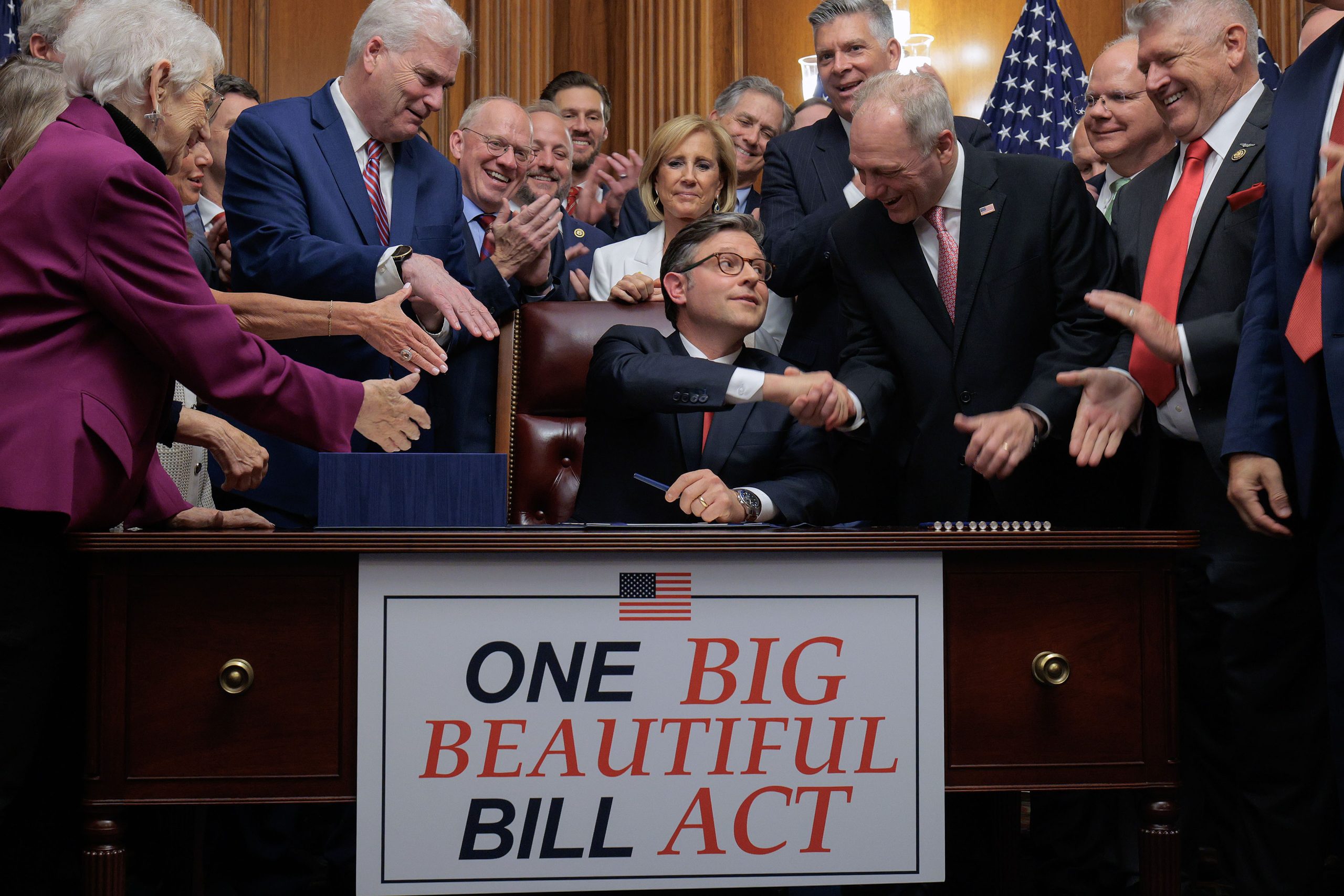
The endorsement of the so-called “One Big Beautiful Bill” on July 4, 2025, signifies a transformative change in the American healthcare system. This all-encompassing legislation, enacted by the President, presents the most drastic cuts to Medicaid and Medicare funding ever recorded, reducing nearly $1 trillion from Medicaid and around $500 billion from Medicare. These actions will lead to millions losing their health insurance, prompt the shutdown of hospitals, and intensify the existing strains on healthcare workers.
For individuals employed in safety-net hospitals, rural practices, emergency departments, OB/GYN, and pediatric care, the immediate consequence will be an increase in uncompensated care resulting from a surge of unwell patients who have lost their coverage. This heightened demand is predicted to worsen financial and emotional burnout among healthcare professionals, compounded by the challenge of navigating new administrative requirements concerning Medicaid eligibility and verification. Furthermore, job instability is expected to rise, with private practices and rural hospitals facing a greater risk of closure.
Additionally, the legislation sets new constraints on medical education loans, limiting them to $50,000 annually with a lifetime cap of $200,000, a decision likely to dissuade potential medical students and diminish future workforce diversity.
To endure this upheaval, healthcare providers are advised to adapt by evaluating their present conditions, including vulnerabilities in their payer mix to cuts and the consequential effects on revenue and liabilities. Reinforcing contractual agreements, enhancing revenue cycle management, and utilizing technology for more efficient operational practices are pragmatic steps to consider. Expanding income channels through consulting, teaching, or adopting hybrid practice formats such as Direct Primary Care (DPC), supported by new provisions that permit DPC to collaborate with Health Savings Accounts (HSAs), becomes essential in navigating the evolving landscape.
Telehealth services also gain support from this bill, enabling patients with HSA-eligible insurance to access virtual healthcare prior to meeting their deductibles, thereby validating telemedicine as a practical and reimbursable choice.
In the end, the capacity to thrive in this new environment rests on physicians’ readiness to innovate, adopt new care models, and redefine their professional ideals and ambitions. By nurturing collaborative networks, championing autonomy, and concentrating on work that resonates with both personal and professional values, healthcare providers can embrace this disruption as a chance for meaningful change.
